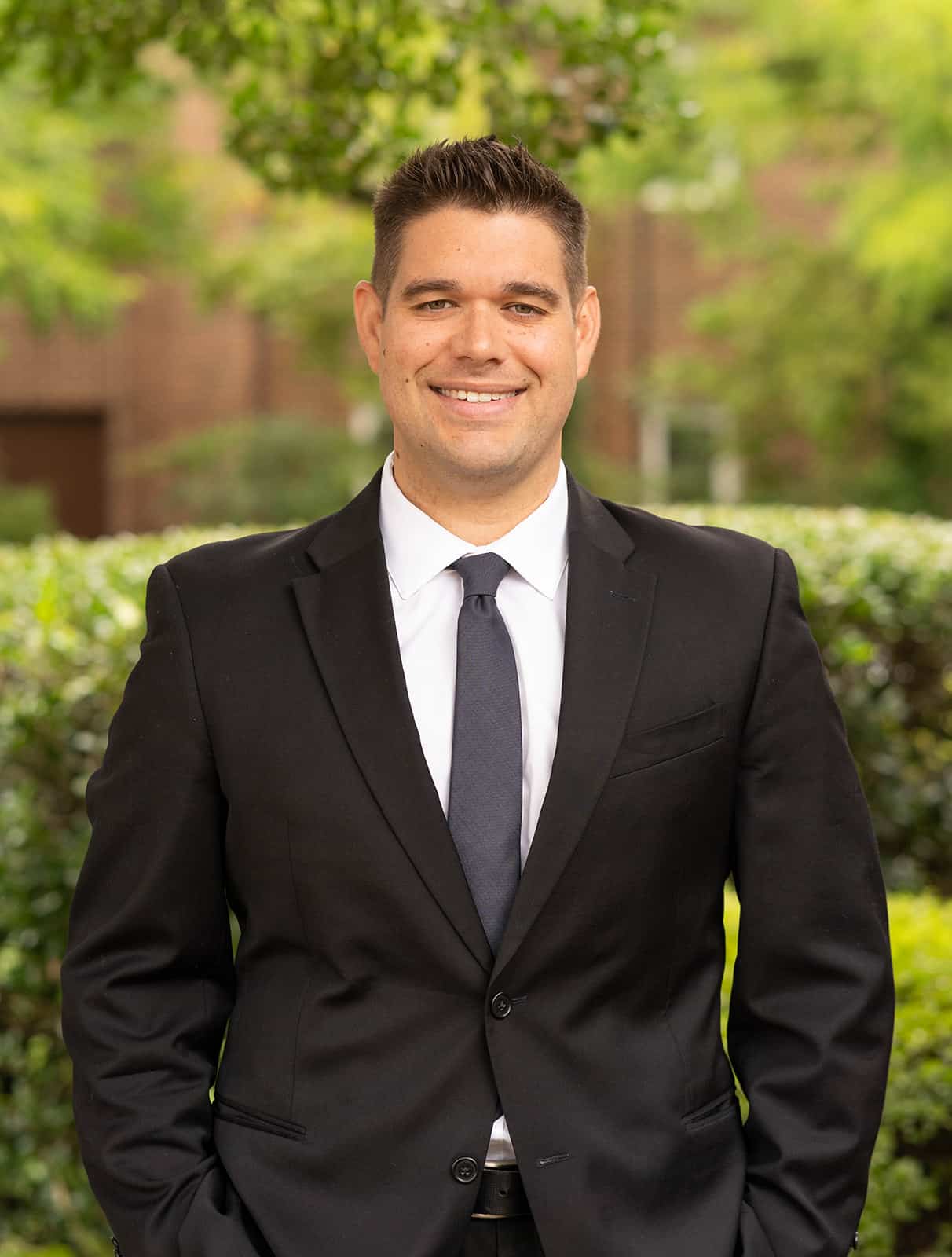As discussed in Part I of this blog post, “legal privileges” may impact what communications can be compelled to be disclosed in discovery or a court proceeding, e.g., questions that must be answered or documents that must be produced. If something is deemed “privileged”, that means you generally have the right to refuse to disclose that information or to stop its disclosure by another party. It may apply to both documents as well as the content of verbal communications being disclosed.
Common forms of privilege include:
· Attorney-client privilege
· Doctor-patient privilege
· Psychotherapist-patient privilege
· Clergy-communicant privilege
· Spousal privilege, i.e., marital communications privilege; and
· Fifth Amendment privilege, i.e., privilege against self-incrimination in criminal matters
Like most legal issues, there are certain exceptions and nuances to many of the concepts regarding privileges discussed here and which simply cannot be explained in-depth in this short article. However, the intent of this blog post is to give the reader a basic understanding of spousal privilege, specifically, and how it can impact your family law matter.
Spousal Privilege
Spousal privilege, simply because of its name, may seem like it would come up a lot in family law matters. However, that is not really the case, and it’s easy to see why once you learn how spousal privilege works. Spousal privilege protects a person from being forced to disclose communications they had with their spouse or allows one spouse to stop the other from disclosing such communications under certain circumstances. It also comes into play when one spouse is being asked to testify against the other.
Spousal privilege is a controversial, and perhaps antiquated, concept that protects communications made in confidence between spouses during their marriage. It supposedly promotes “marital harmony” by allowing free, uninhibited communication between spouses during their marriage and protecting private statements between spouses from public exposure, while also preventing spouses from having to testify against each other in criminal proceedings.
Virginia law provides that spouses may be compelled to testify “for or against each other in all civil actions.” However, “in any civil proceeding, a person has a privilege to refuse to disclose, and to prevent anyone else from disclosing, any confidential communication between his spouse and him during their marriage, regardless of whether he is married to that spouse at the time he objects to disclosure.” In other words, spouses may be called and/or subpoenaed to testify in matters when their testimony could be damaging to their spouse in civil cases, but they may refuse to disclose or stop their spouse from disclosing communications made between them. Contrast this with the rule for criminal cases, where spouses “may be compelled to testify on behalf of each other, but neither shall be compelled to be called as a witness against the other.”
The most important feature of the law is that spousal privilege dissolves when spouses initiate civil or criminal proceedings against each other, e.g., when a spouse files for divorce or when one spouse is charged with a crime against the person or property of the other spouse. Spousal privilege does not allow one spouse to stop the other spouse from disclosing information about their communications in the context of any civil case where the parties themselves are adversaries. If that were the case, that would make much of the divorce process impossible, right? Neither spouse would be able to disclose what they talked to each other about or things communicated between each other during the marriage. The truth is, in the course of a civil domestic case, each spouse often wants (or needs) to disclose a lot of information about their communications with their spouse. Those communications may be relevant and/or essential to topics before the court in a family law case, such as whether one spouse has committed abuse of any kind against the other, parenting issues, financial decisions made during the marriage, and many other topics. Frequently what the parties say to each other is, in the end, some of the most important evidence the court will consider in a domestic case.
As discussed in Part I of this Privileges series regarding attorney-client privilege and stated again at the beginning of this article, due to the various nuances and exceptions applicable to the various types of privilege, we highly recommend you seek advice from an attorney that can help you with your case, regardless of your circumstances. This is a difficult and sometimes overwhelming time in your life, and it is crucial that you have an experienced lawyer in your corner who will listen to your needs and respond with compassionate, smart, and cost-effective solutions with one goal in mind: protecting what matters most. Our attorneys are skilled in advising clients on matters such as the grounds for divorce, child custody and visitation, spousal support and child support, and the division of marital property.
Contact Us Today
Contact WhitbeckBeglis by calling 800-516-3964 or by emailing clientservices@wblaws.com, to connect with an experienced attorney in your area who can guide you through the process.

Maxwell Hand
Associate Attorney
Maxwell Hand was born and raised in Pittsburgh, Pennsylvania. He went to college at the University of Notre Dame and graduated with a B.S. in Environmental Science. After college, Max worked for ten years in FDA compliance, product safety, and quality assurance fields, including six years at the US headquarters for an international retail company based in Germany. During that time, he attended the George Washington University Law School, going to classes in the evening while working full time. Following his passion for helping others, Max transitioned out of the corporate world and into family law. To learn more about Mr. Hand, click here.

